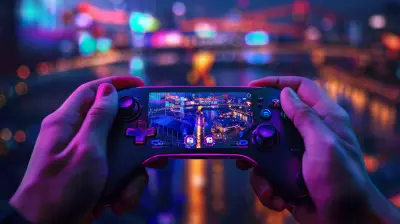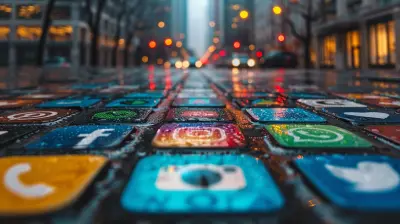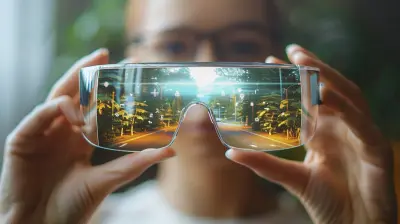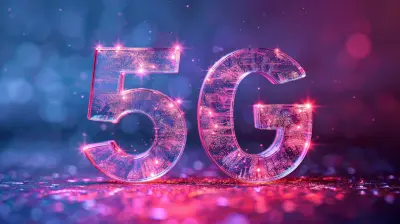AI and Intellectual Property: Navigating Ethical Ownership
3 June 2025
Artificial intelligence (AI) is pushing boundaries in almost every aspect of our lives, from automating mundane tasks to generating art, music, and even writing code. But as AI becomes more creative, one big question looms—who actually owns AI-generated content?
This isn't just a futuristic debate. It’s a real, pressing issue in intellectual property (IP) law, ethics, and creative ownership. If an AI creates something unique, does the credit belong to the human who trained it, the company that owns it, or the AI itself? Let’s break this down in simple terms and explore the ethical maze of AI and intellectual property. 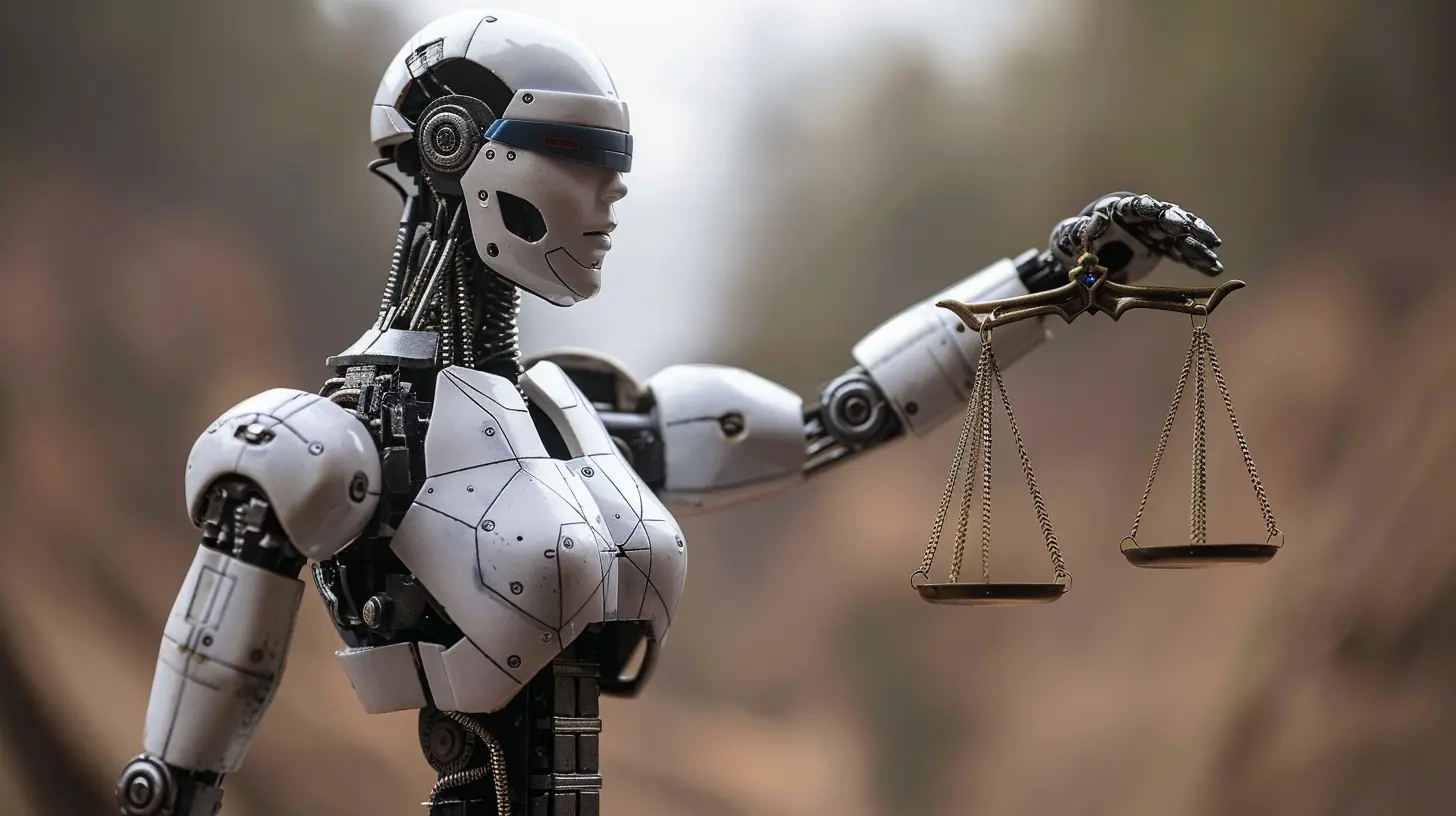
The AI Creativity Boom and Ownership Dilemma
AI tools like ChatGPT, MidJourney, and DALL·E have made it incredibly easy to generate content in seconds. From writing full-length novels to designing stunning artwork, AI’s capabilities are nothing short of groundbreaking. But here’s the twist—current intellectual property laws were made for humans, not machines.So, who gets the credit for AI-generated work?
- The AI Engineers? The people who developed the algorithms and trained the models.
- The Users? Those who provide inputs and direct the AI’s output.
- The AI Itself? Could AI ever be seen as an independent creator? (For now, the legal system says no.)
- Nobody? Some argue that if an AI generates something, it falls under the public domain.
The reality? It’s complicated. 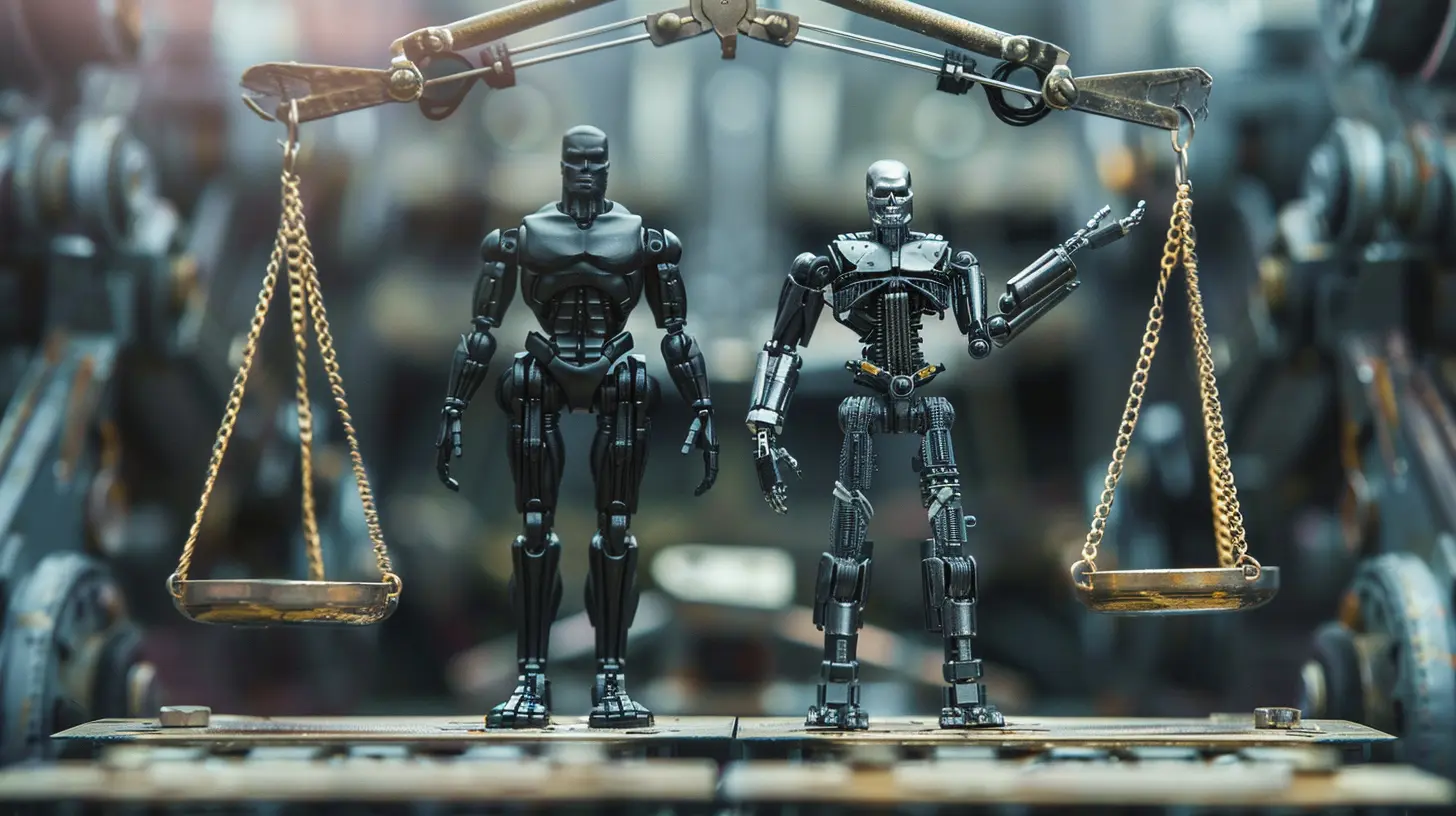
Can AI Own Copyrights?
For now, copyright laws worldwide generally require a human creator. In the U.S., the Copyright Office has ruled that AI-generated works without significant human input cannot be copyrighted. The reasoning? Copyright law is built on human creativity, and AI, as an algorithm-driven system, doesn’t legally qualify as a "creator."But things get murkier when humans work alongside AI. If an artist or writer uses AI to enhance their work, how much human involvement is "enough" to claim ownership? This gray area is what courts and regulators are struggling to define.
Notable Copyright Cases
There have already been legal battles over AI-generated works:- Thaler v. U.S. Copyright Office: Dr. Stephen Thaler sought copyright for an image created by his AI, but it was rejected since no human was involved in the creation process.
- AI Art Copyright Disputes: Artists have raised concerns about AI models being trained on their copyrighted works without permission. Some argue this violates their intellectual property rights. 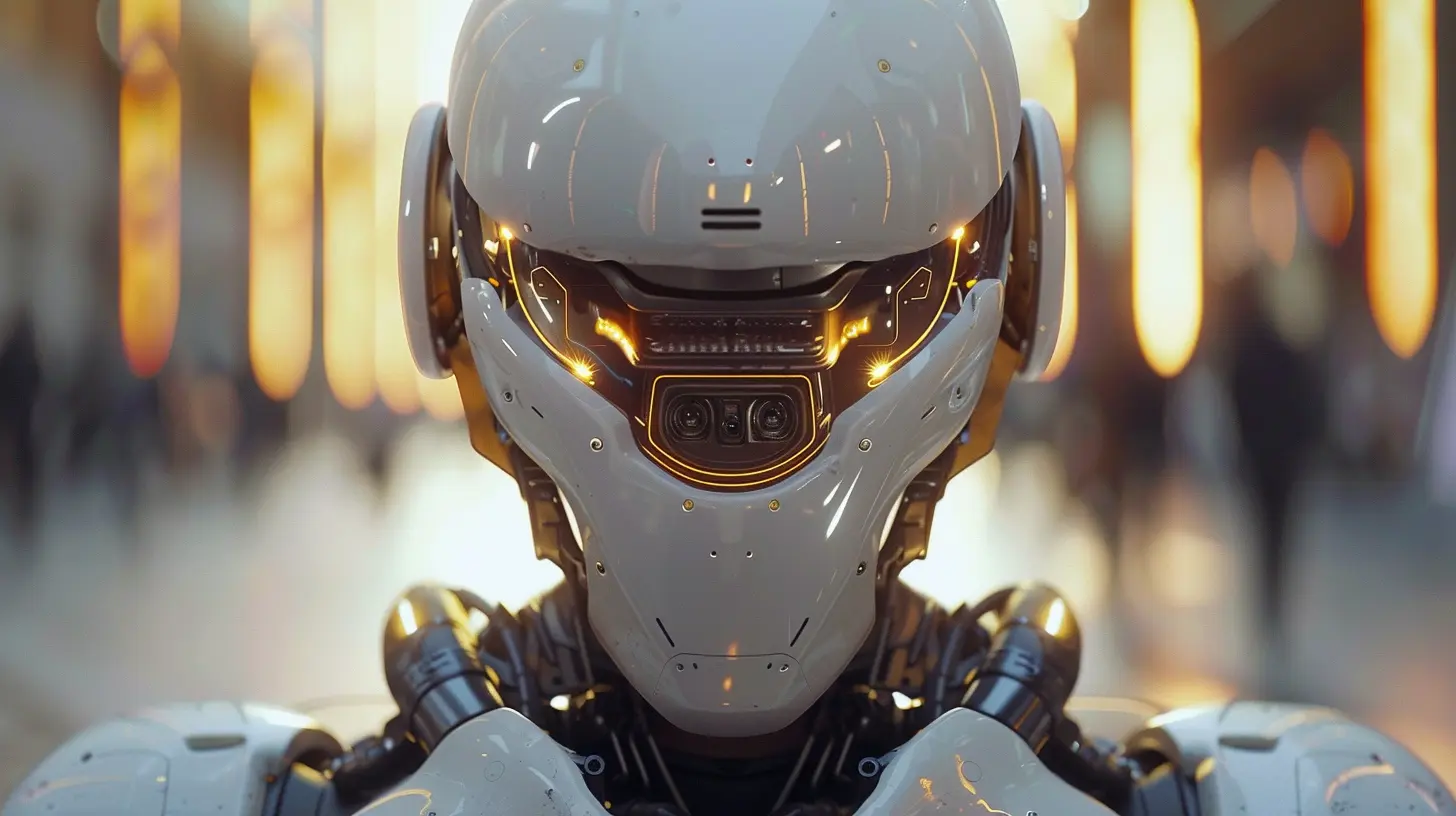
Ethical Questions: Fair Use or Theft?
AI doesn’t create from scratch; it learns from existing data—millions of books, artworks, and music pieces. Here’s the ethical dilemma:- Is AI-generated content "inspired" by existing works, or is it just remixing and recycling human-created content?
- Should original artists be compensated when their work is used to train AI models?
Many creators argue that companies behind AI tools benefit from their work without permission or fair compensation. This has sparked calls for better regulation and transparency in AI training data.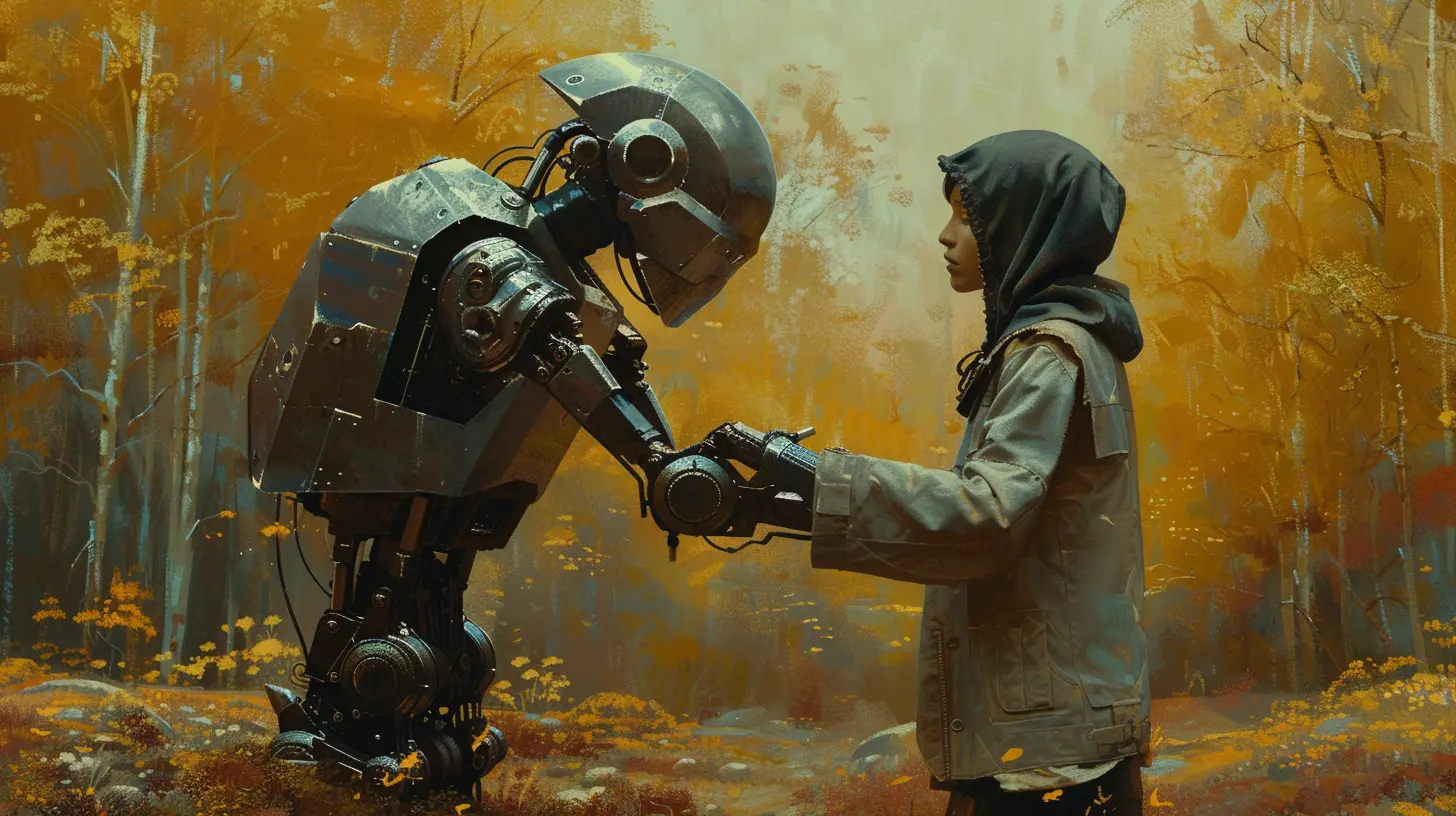
Patents and AI: Can AI Be an Inventor?
Patents protect inventions, but what happens when AI comes up with new ideas?In 2020, AI named DABUS was listed as an inventor for two patents—one for a food container and another for a flashing light system. However, multiple patent offices, including the U.S. Patent and Trademark Office and the European Patent Office, rejected AI as an inventor because current laws only recognize human inventors.
This raises an important question: If an AI-driven system comes up with a groundbreaking invention, who gets the credit and legal rights? The human who owns the AI? The company that developed the AI? This remains a legal gray area.
The AI and Intellectual Property Debate: Possible Solutions
Finding a balance between protecting human creators and encouraging AI-driven innovation is tricky. Some potential approaches include:1. AI-Trained Copyright Licenses
AI developers could be required to pay licensing fees to artists, writers, and musicians whose works are used to train AI models. This would ensure fair compensation for creative work that fuels AI systems.2. New Legal Categories for AI-Generated Works
Instead of forcing AI content into traditional copyright and patent laws, new intellectual property frameworks could be created specifically for AI-generated works.3. Revised Fair Use Guidelines
Fair use laws could be updated to reflect AI’s role in content creation, ensuring that AI doesn’t unfairly compete with human artists and writers.4. Transparent AI Training Data
Companies could be required to disclose what data sets were used to train AI, giving credit to original creators or allowing them to opt out of AI training datasets.5. Hybrid Human-AI Ownership Models
Laws could recognize collaborative works where AI and humans co-create, allowing shared IP rights based on input levels.The Future of AI and Intellectual Property
AI isn’t going anywhere—it’s becoming an integral part of creativity, business, and innovation. But if we don’t establish clear and fair intellectual property laws, we risk undermining human creativity and ethical ownership.The challenge ahead is creating a legal and ethical framework that protects original human creators while embracing the potential of AI. Striking this balance will require collaboration between lawmakers, AI developers, creators, and society as a whole.
Until then, the debate continues—who really owns AI-generated content? The answer is still up in the air.
all images in this post were generated using AI tools
Category:
Ai EthicsAuthor:

Ugo Coleman
Discussion
rate this article
3 comments
Joanna Martin
Great insights! Balancing innovation and ethical ownership in AI is crucial for future advancements.
June 8, 2025 at 10:36 AM

Ugo Coleman
Thank you! I completely agree—striking that balance is essential for responsible AI development.
Patience McLain
Great article! It’s crucial to foster a balanced dialogue on AI and intellectual property. As technology evolves, so must our understanding of ethical ownership. Let’s embrace innovation while ensuring creators are respected and rewarded for their contributions. Keep the conversation going!
June 5, 2025 at 4:52 AM

Ugo Coleman
Thank you for your insightful comments! I completely agree—the dialogue on AI and intellectual property is essential as we navigate these evolving challenges. Let’s continue to engage on this important topic!
Lola Mendoza
This article beautifully highlights the complex interplay between AI and intellectual property. It's essential to navigate these challenges thoughtfully, ensuring innovation thrives while respecting creators' rights. Thank you for shedding light on this important topic!
June 4, 2025 at 3:35 AM

Ugo Coleman
Thank you for your insightful comment! I appreciate your perspective on the balance between innovation and creators' rights in AI and intellectual property.
